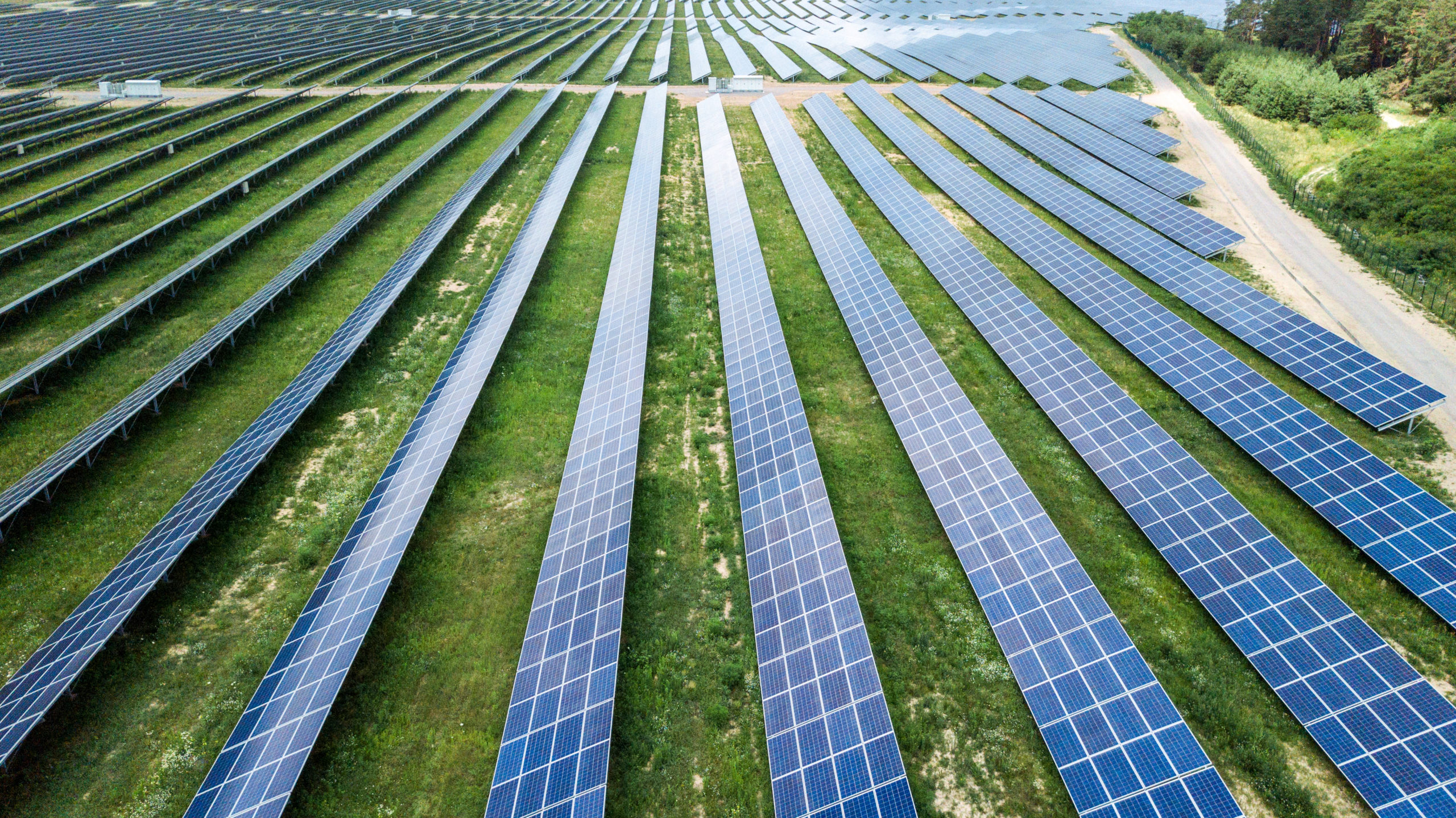Solar panels have gained prominence in recent years, with the solar energy industry’s dogged efforts to make renewable energy an integral part of the energy of the future. Solar panels extract pure energy from our sun without polluting the air we breathe or the water we drink. Installing solar panels on our homes and businesses helps to minimize carbon emissions while reducing our collective reliance on fossil fuels.
Most electricity is derived from fossil fuels such as coal, oil, and natural gas. When these fuels are burned, they let off toxic gases that cause air pollution and disrupt the natural temperature fluctuations of our global climate. But toxicity is not the only danger we face from using fossil fuels. These outdated sources of fueling our homes, factories, and vehicles are not infinite. Unlike the sun and the wind, they will not last for millions of years. They will certainly run out, and even before they are completely depleted, will become scarce. That scarcity will likely drive up prices and create many conflicts between nations over the dwindling reserves.
Solar panels are now seen everywhere, from the roofs of homes to the tops of skyscrapers. But how do they work? Without getting too technical, let’s just say that the panels use photons, or particles of light, to generate electricity, which is then used to heat, light, and cool homes and businesses. The benefit to the environment is that the electricity is not produced by pollution-causing fossil fuels, which can destroy lakes, contaminate the air, and even ruin the ground.
The heating and cooling of homes and other buildings creates one of the single biggest drains on the earths energy resources. According to an article in Clean Technica, called Solar Thermal Panels for Heating and Cooling,, “Almost 75% of residential energy consumption in the US is related to water heating, space heating, and space cooling.”(Abdelhamid, 2015) With so much of our resources expended in heating and cooling water and air, there is a rapidly growing demand for solar energy which can meet many of our earth’s most pressing energy needs without the inefficient use of money and resources, all while adding private and public sector jobs to the economy.
In light of this information, it becomes evident that the use of solar panels by one community or even one family can cause quite a significant reduction in its carbon footprint.







